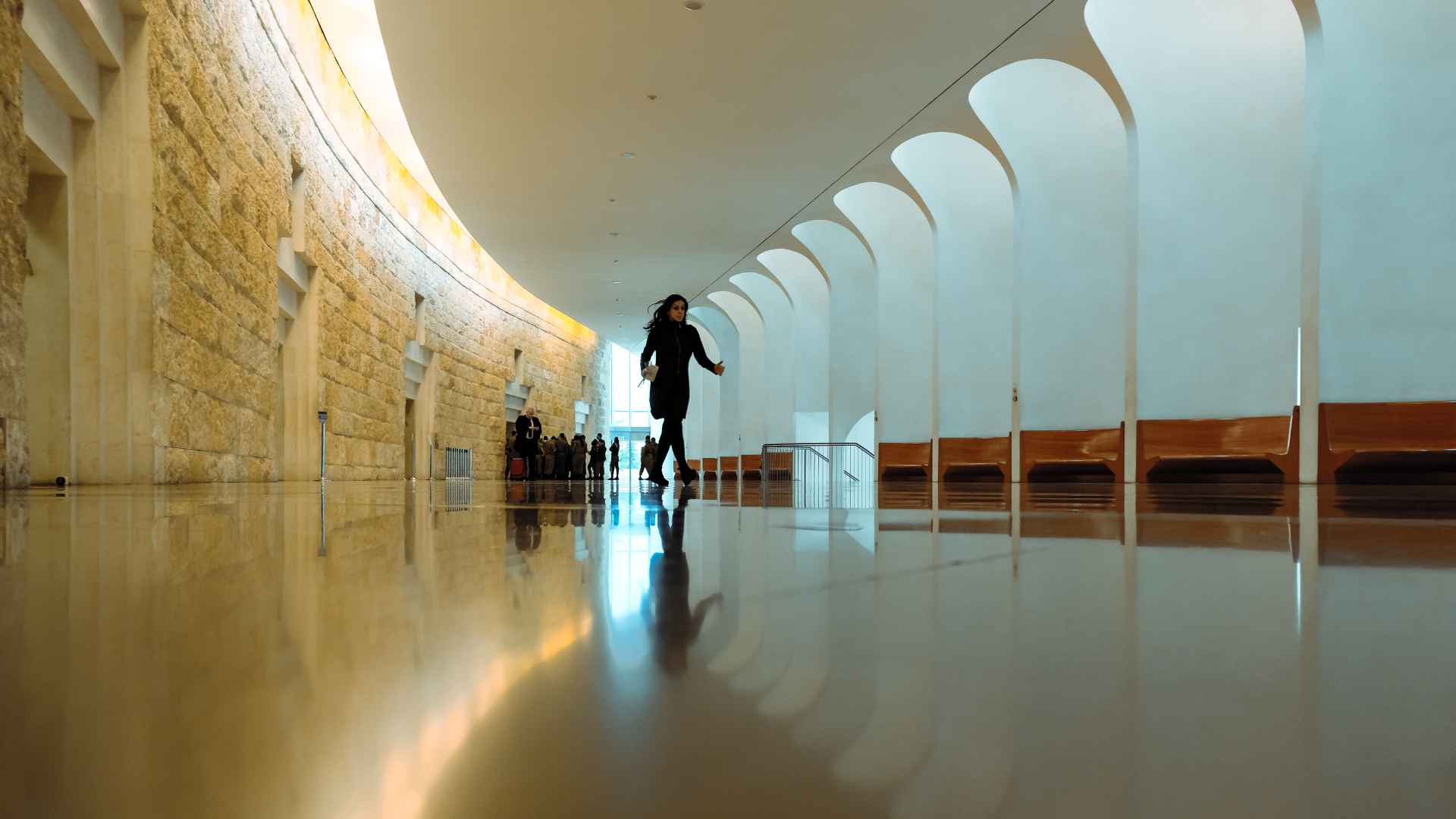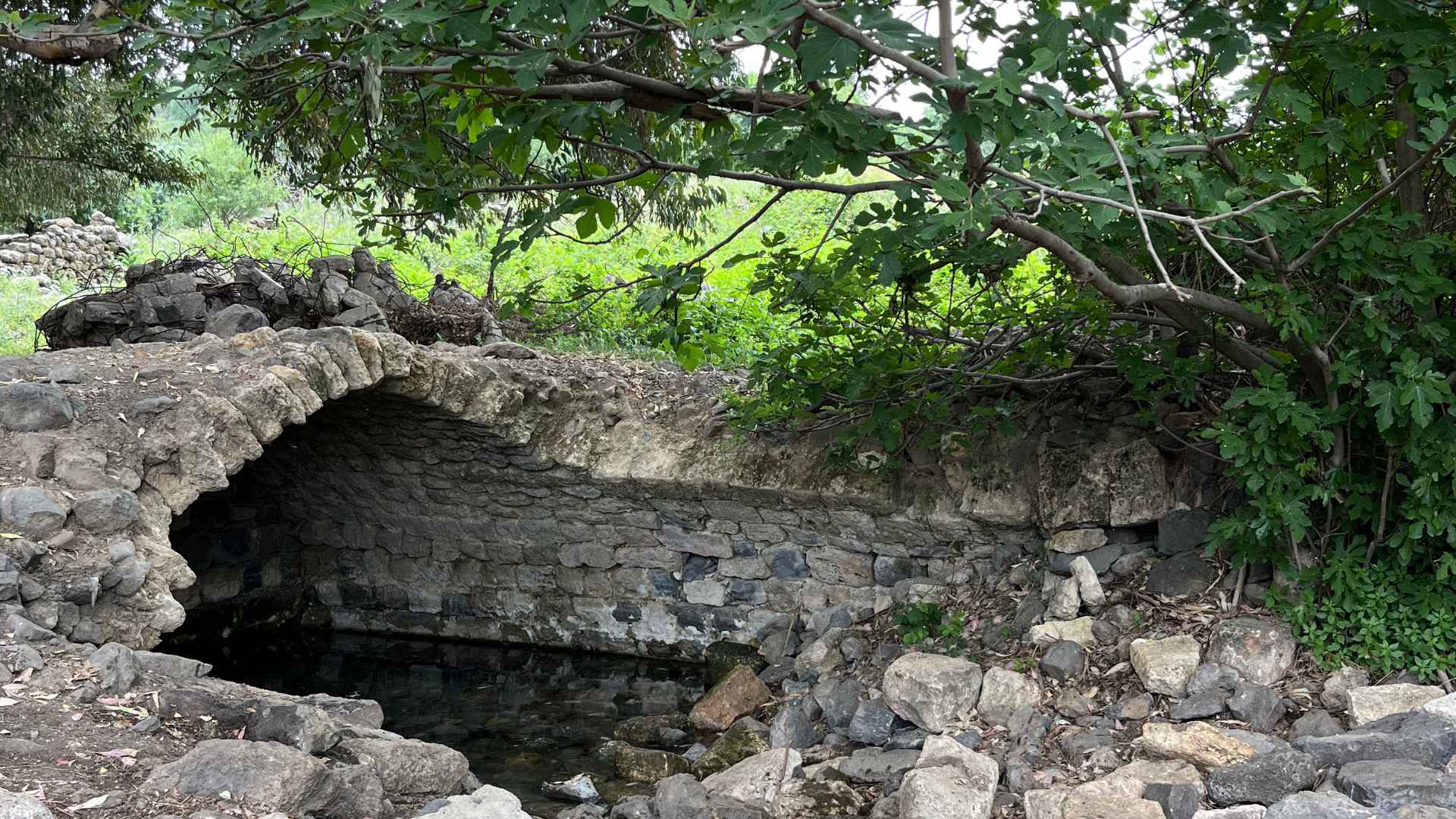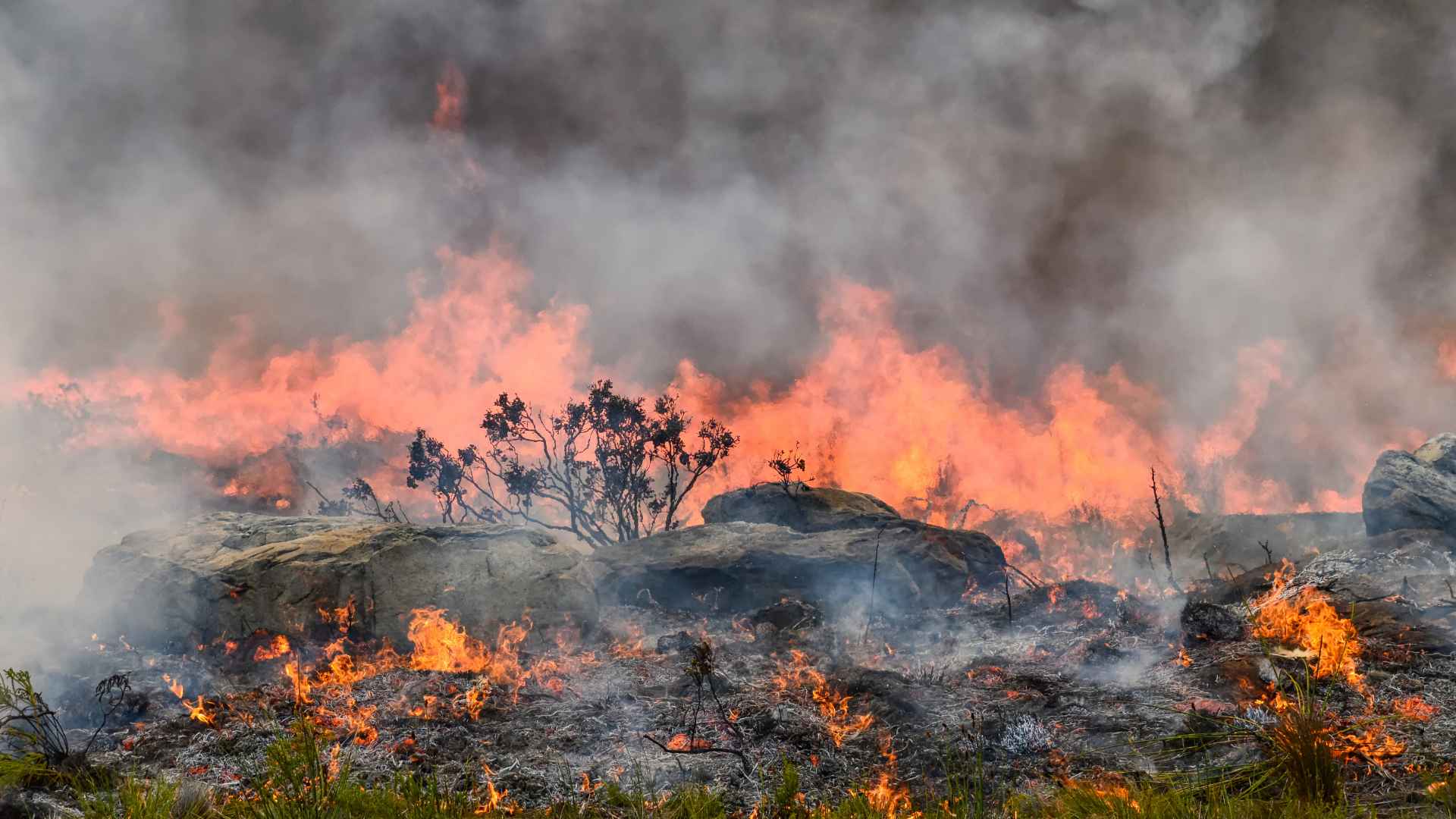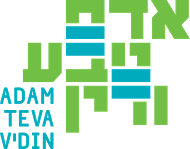EAPC-Europe Asia Pipeline Company has signed a Memorandum of Understanding for transporting crude oil from the Persian Gulf to Israel’s Red Sea Port of Eilat, in line with the Abraham Accords normalization agreement between Israel and the United Arab Emirates.
Under the Memorandum, the first year of the oil deal will see an additional 16-20 giant tankers docking at the port of Eilat; future traffic is estimated at 50-160 arrivals every year. Any tanker entering the Gulf poses a risk of an irreparable disaster for the region’s unique ecosystem through leakage or a large-scale oil spill. The plan is for EAPC to use pipe the crude oil via the ‘land-bridge’ to the industrial area of Ashkelon, this despite EAPC’s very poor record of spills, breakdowns and environmental damage. The ‘Abraham Accords’ deal caused more than 200 scientists from Israel and around the world to respond with a plea to Israel’s government to cancel the scheme.
The Minstry for Environmental Protection was not consulted about the EPAC venture
As the only company in Israel with the status of a private but government-owned corporation, EAPC is protected from public scrutiny. According to the Ministry of Environmental Protection, the agreement to increase dockings of oil tankers at the Eilat port was promoted without consultation with the ministry, and its details remain secret from the public to this day – as are all of EAPC’s activities.
In 2014, a major oil spill occurred near Be’er Ora in southern Israel. An estimated 5 million liters of jet fuel leaked from the land-based pipeline and contaminated much of the Evrona nature reserve. The failed infrastructure was operated and maintained by EAPC.
Amit Bracha, attorney and CEO of Adam Teva V’Din, promptly took a team of environmnetalists to the Evrona site to examine the extent of the damage.
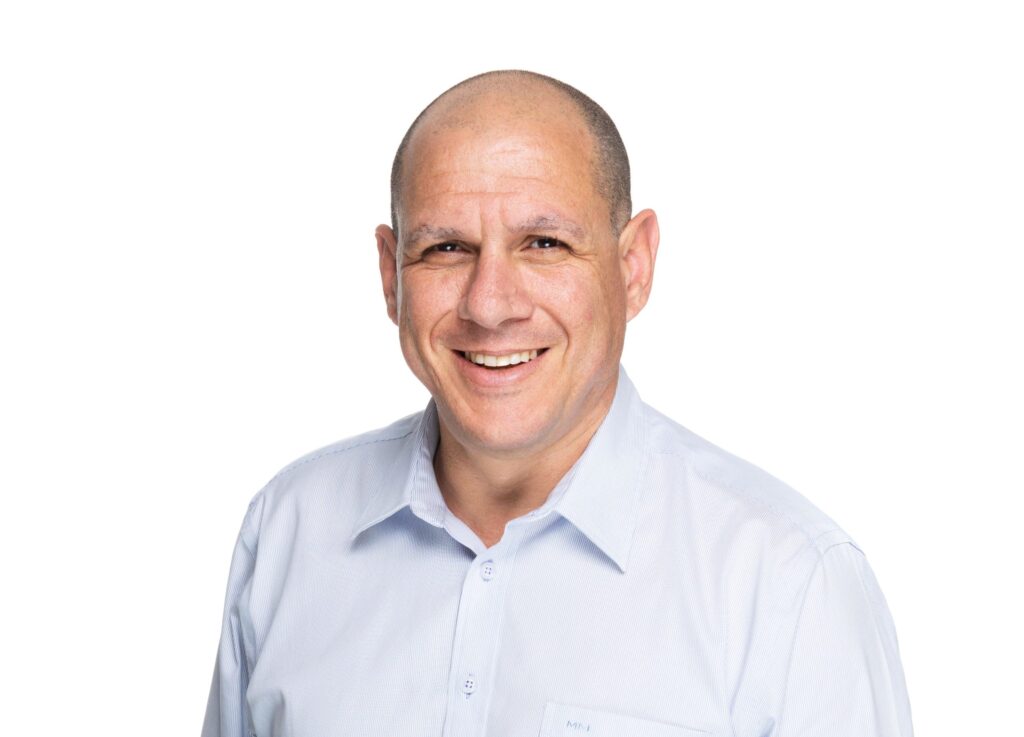
“The reserve has been devastated by this spill; it will take years or even decades to remove the contaminants from the soil. We petitioned the High Court of Justice to make sure that EAPC’s executives and other staff pay a price for destroying this precious public resource, the Evrona nature reserve.” The case is ongoing.
Fearing that another EAPC system failure could result in a disaster for the coral reefs in the Gulf of Aqaba, the Ministry of Environmental Protection, then headed by Minister Gila Gamliel, issued a position paper that stated:
“From a long-term planning perspective, increasing the traffic of supertankers carrying crude oil in such a sensitive place as the Gulf of Aqaba is a step in the wrong direction. Not only because of the city of Eilat is a tourism hub with pristine beaches and coral reefs, but also because by expanding the traffic in crude oil, the State of Israel is launching a clearly non-environmental initiative instead of encouraging investments in renewable energy and a low-carbon economy.”
Environmental organizations turn to the Court
Adam Teva V’Din, together together with Zalul and the Society for the Protection of Nature in Israel, petitioned the High Court of Justice citing the serious strategic, environmental, and health risks the increase in tanker traffic presents. The petition points out the risks to city of Eilat and its tourism, the unique coral reefs, Ashkelon, the Mediterranean Sea and desalination plants. Tamar Zandberg, the current Minister of Environment, recently (December 2021) declared that oversight of the program would be framed by a program of “zero additional environment risk”, the State issued a statement that it would abide by the strictures of the Ministry’s policies. The organizations withdrew the petition against the UAE-Israel imports plan.
At Adam Teva V’Din, Amit Bracha, attorney and CEO, declared that the organizations would continue to monitor and respond developments. “From our position as national environmental watchdog, we will continue to follow EAPC’s environmental performance. “If necessary,” he stated, “Adam Teva V’Din will not hesitate to file a new legal intervention. The State of Israel should be working to protect precious natural resources, and any operations relating to imports of crude oil should be subject to public scrutiny.”


